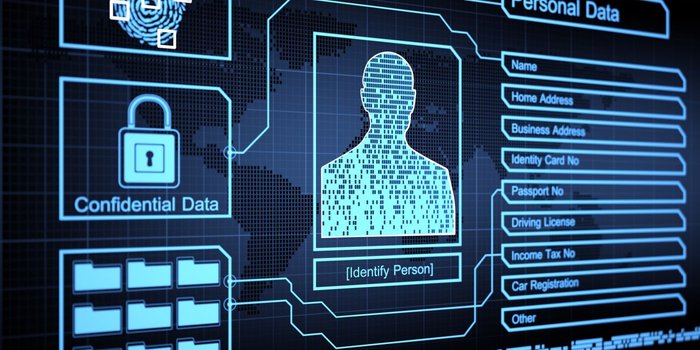And most of us will continue to be complicit in handing over that private, personal information. Per our privacy policy, we collect anonymous data to understand how users interact with our technology. What we don’t collect or see is any personal data that a user enters on her phone. A study of 110 apps by researchers at MIT, Harvard and Carnegie-Mellon found that 73 percent of Android apps studied shared users’ email addresses, and 47 percent of iOS apps shared location data. Abuse often happens when well-meaning app developers try to create useful health services. And what should we do as consumers and companies alike? Developers, stop collecting as much data as you can tease out of users just because you hope it will be worth money someday. Any data you collect must be safeguarded. As a consumer, don’t be complicit. Read their privacy policies, and if they’re impenetrable, hit "CTRL+F" and search “data.” If you don’t like what you find, don’t check the boxes.

Opinions expressed by Entrepreneur contributors are their own.
Facebook CEO Mark Zuckerberg’s recent grilling in Congress raised expectations that technology companies would take responsibility for privacy. Speaking strictly for me, I wouldn’t get my hopes up.
Related: The EU Data Privacy Regulation Vexing Mark Zuckerberg Is a Huge Opportunity for Your Startup
Tech companies will continue to provide free services in exchange for the right to collect and commoditize our data. And most of us will continue to be complicit in handing over that private, personal information. Then, we’ll throw up our hands and say, “We can’t control it!” — especially when that data is connected to our health.
The Facebook and Cambridge Analytica scandal brought this privacy discussion front and center in the category of election data. But at the same time, this discussion can be applied to the dozens of companies handling data in the health realm. Examples of those struggling to protect user privacy there?
- Strava’s fitness tracker inadvertently revealed the locations and movements of U.S. military personnel in dangerous places.
- The dating app Grinder shared data about users’ HIV status and location with third parties.
- MyFitnessPal leaked usernames, email addresses and hashed passwords from 150 million accounts.
These are not isolated examples. Researchers at the AV-TEST Institute found that more than 80 percent of 60 tested Android health apps lacked proper privacy policies. One big reason may be that many of those apps demand access to photos, GPS data, device IDs, cameras, microphones and other functions unrelated to their services.
As the CEO of Cycle Technologies, I think about these issues daily. My team created Dot, a smartphone-based family-planning app that uses a proprietary algorithm to calculate a woman’s chance of pregnancy based on her period-start dates.
Per our privacy policy, we collect anonymous data to understand how users interact with our technology. We learn how they use our apps (to prevent or plan pregnancy) and collect anonymous analytics, such as how often the app is opened and what the country of use is. Those pieces of…

COMMENTS